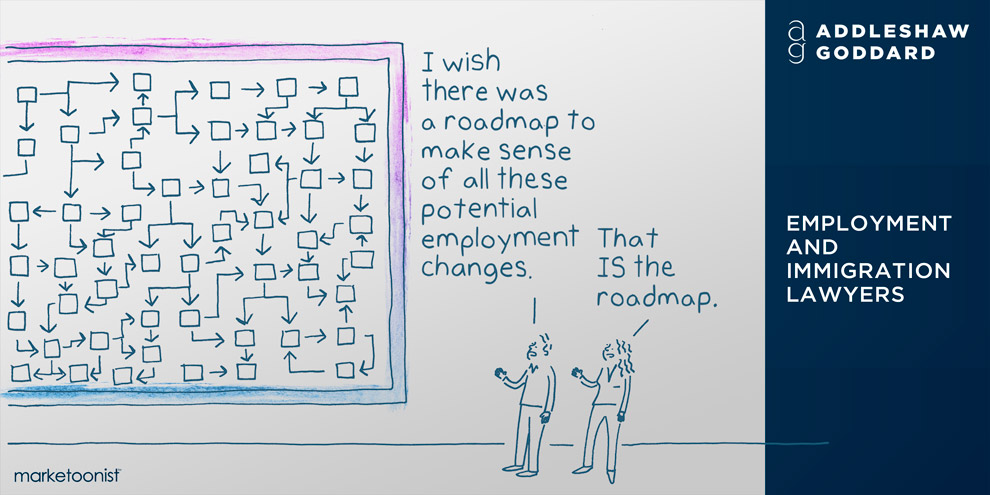A recent decision in the German Schleswig Holstein Regional Labour Court in May 2025 held that there should be no sick pay for a care assistant who developed a bacterial infection after getting a tattoo. Even with a doctor’s note, the court considered that a voluntary, non-medical act with a clear risk of infection (1–5 %), amounted to a serious breach of self-care duties.
Where Sick Pay Stops – Real Case Scenarios
Under German law, an employee is entitled to full pay for up to six weeks provided two conditions are met:
1. The employee is unable to perform their job because of an illness (a health disorder) and the incapacity is causally linked to it; and
2. The incapacity must not be the employee’s own fault (no intentional or grossly negligent self-endangerment).
In German courts, if incapacity is due to voluntary, non-medical choices or conduct a reasonable person would avoid, a claim for sick pay will not succeed. Here are some examples from German case law:
Ink & Steel: Tattoos and Piercings
Elective, non-therapeutic skin injury: If an infection, allergic reaction, or other complication follows, courts treat it as self-inflicted.
Beauty by Choice: Cosmetic Surgery
Facelift, breast augmentation, liposuction - known medical risks (infection, wound-healing issues, anaesthesia after-effects): If the procedure is purely cosmetic (no medical reason), incapacity during normal post-operative recovery (swelling, pain, nausea) can be treated as self-inflicted.
Sports That Can Knockout Your Pay: High-Risk Athletics
Case law is not uniform. Some courts — notably in the late 1980s — classified kickboxing as intrinsically dangerous, but there is no modern consensus. Sports like football, skiing, amateur boxing, paragliding, motor-cross, or motorcycle/car racing are generally not dangerous per se, although fault can still be found if an employee:
- grossly violates safety rules, or
- participates at a level far beyond their abilities.
Break-Room Brawls: When Fights Hit the Wallet
If an employee provokes or starts a fight, courts typically assume the employee is at fault and deny sick pay. If an employee is drawn into a fight without provocation, they may still be entitled to sick pay, but scrutiny is high.
HR Reality Check: Working in the Dark
Sick notes in Germany do not state the cause of incapacity, and privacy law means HR cannot routinely ask the employee. What helps in practice?
- Clear communication: Explain in policies and onboarding when self-inflicted incapacity may block pay (with examples).
- Document patterns: Keep clear records of absences and look for any credible indicators of patterns of behaviour.
- Follow up on red flags: If there are substantiated doubts (conflicting information, repeated timing patterns), ask targeted questions.
- Train managers: Equip them to handle conversations neutrally and escalate only on concrete indications.




